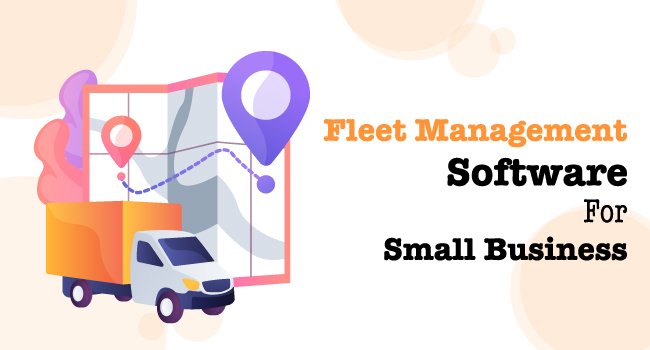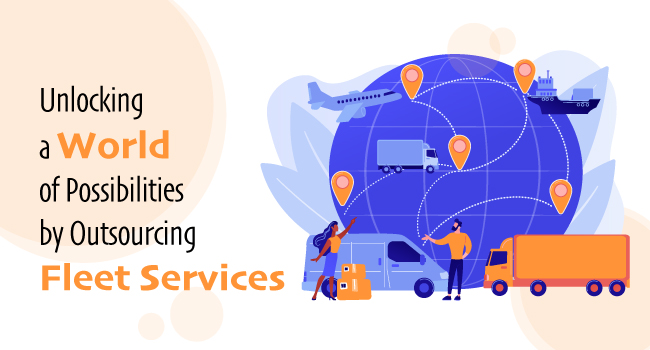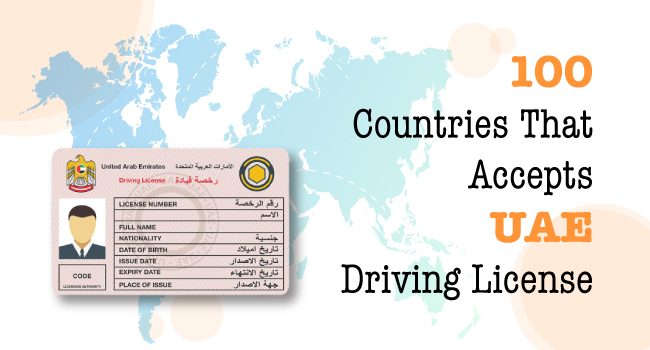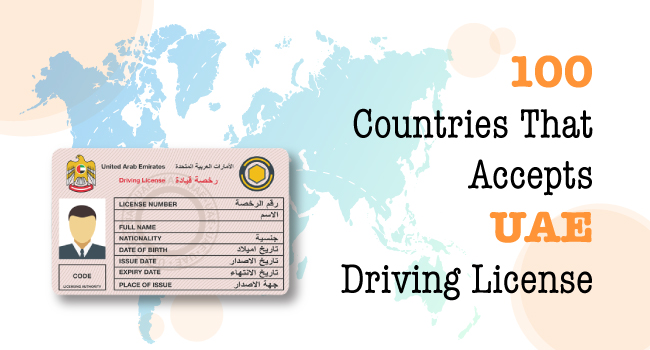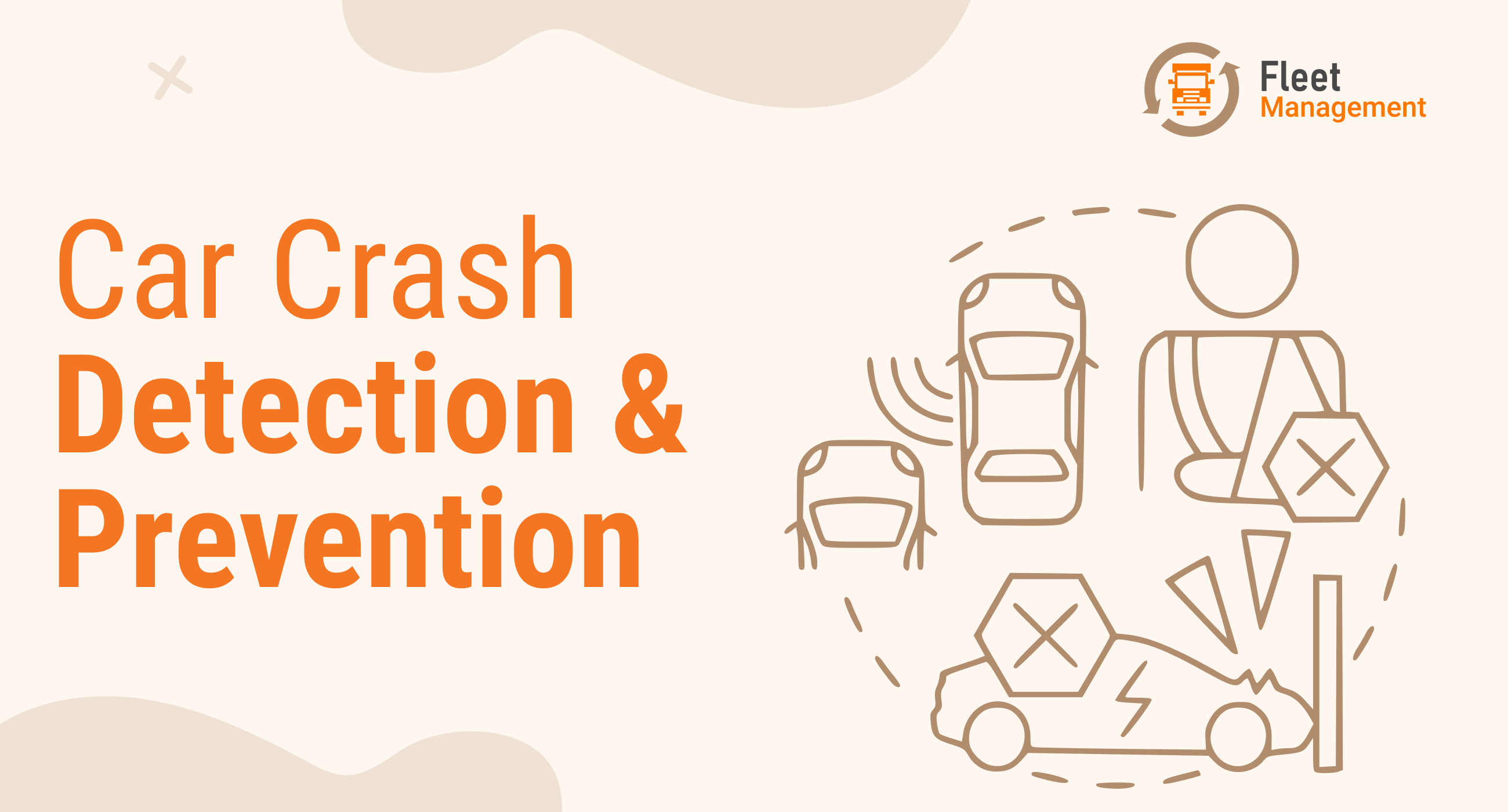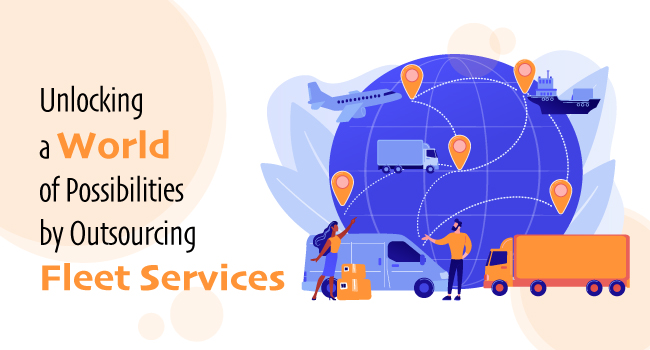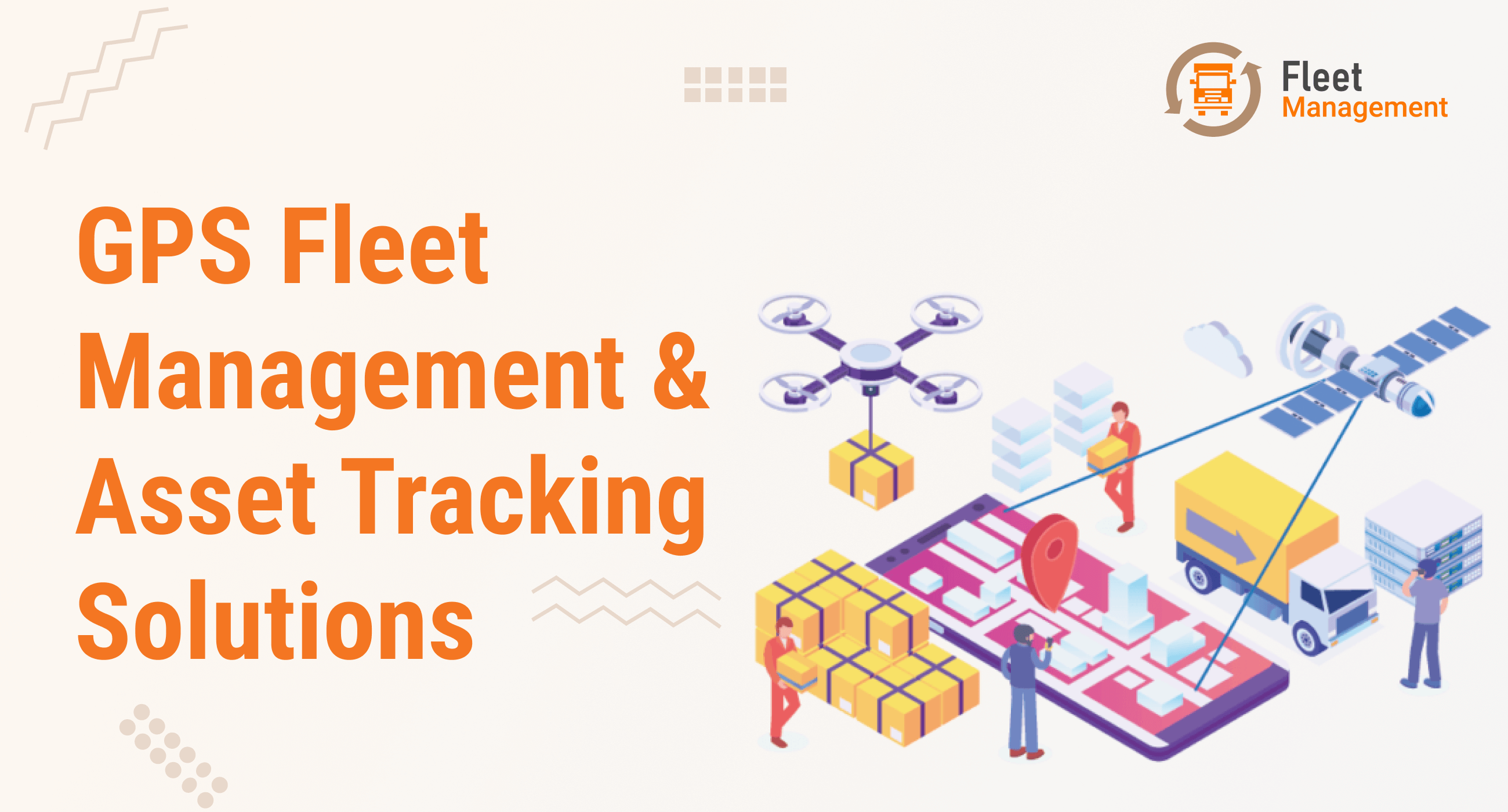Our Blogs
 Fleet Management(25)
Fleet Management(25) Car Rental Software(7)
Car Rental Software(7) Fleet Drivers(14)
Fleet Drivers(14) Fleet Maintenance(6)
Fleet Maintenance(6) General(20)
General(20)
Service We Offer
Follow Us
How Does IoT Help In Fleet Management?

It’s been a while since the businesses fall in love with the sprawling technology of this age ‘Internet of Things’. Astonishingly, the hints of benefits made significant shifts in fleet management as well.
However, IoT has become an amazing choice for them to manage fleets efficiently and more productively. Hence, in fleet operations, IoT gathers huge attention and reception across the borders.
Read Also: What is fleet management – All you need to know
Collective Management
Collecting up the everyday data of vehicle has become a strenuous task. It may cause unexpected downtime, irregular schedules, and frequent quarrels. As a solution, GPS technologies embedded with artificial intelligence and IoT have been helping the fleet industry to mitigate these demanding challenges at once.
Irrespective of the type of vehicles and the diversified tasks assigned to the vehicles and drivers, IoT put forward a common ground to regulate any kind of fleet operation through cloud-based fleet management system.
Rather than watching over the vehicles one by one, IoT enabled to gathered all sorts of data relatable to the vehicles under the fleet management system.
Including the work schedules, daily duty tasks, fleet routes, vehicle status, weather, issues, documentation, and recommendations IoT streamlined all the factors to ease out fleet management progressively.
Hence it opens a single door for the fleet managers to handle the tasks collectively.
Preventive Maintenance
Connected with internet, each and every component of our vehicles got a quite amazing mode to express their vibes. How they are treated, how long they can uphold the function, how they can improve their efficiency etc.
Interestingly, the advanced sensors that are capable of sensing the minor variations are vigilant in monitoring the parts. Hence, frequently gathering the data from tens and hundreds of such actuators, the fleet managers are getting informed of vehicle status.
Hence, by monitoring the condition of vehicles regularly we can prevent unexpected downtime and unbearable maintenance cost. Thus, it adds to the productivity of the entire work cycle.
Fleet Route Optimization
Working hand in hand with GPS technology, IoT offers real-time tracking data to the managers. Further, foreseeing the hurdles ahead on the road it will recommend best optimized routes.
IoT helps the fleet management system to maps the terrain, weather condition, traffic trends, distance and time regularly and recommends the adequate solution.
Hence, by analyzing the data, the fleet managers can come up with a productive route plan and guide the drivers at critical times on the roads.
Moreover, these real-time data will enable the drivers to avoid the unproductive time and annoying incidents across the route. It will let them ease out the job and avoid unnecessary quarrels with the employers as well.
Fuel Management
With the data of fuel consumed and the driving behavior, the managers can construct an effective action-plan to optimize fuel utilization. Further, by analyzing routes that favor the vehicle and fuel, they can device productive fleet chart.
The unhealthy driving practices such as excessive idling, unnecessary braking, rash driving, and tough terrains can cause additional fuel consumption. Hence, accurate data can be employed to refrain from such driving practices.
Since fuel consumption is largely manageable by comparing with the accurate day-to-day data with the expected efficiency of the vehicle, the managers can instruct the drivers where they are failing to optimize fuel efficiency.
Real-time Communication
Smooth communication resolves a significant amount of issues prevailing among the drivers and the managers.
Being connected to the real-time network, communication can be made easy with the fleet drivers and the managers. Moreover, it allows exchanging critical information to fleets from a single point.
Instead of causing a suspicious environment and record for all the events, fleet managers and drivers can communicate evidently. Since the fleet manager can see the situation from the data they can send messages to the specific fleets.
Read Also: How Can Fleet Management Help Your School?
Hence, IoT can cut short the communication gap between fleet drivers and managers.
Conclusion
IoT has a lot more exciting qualities that overturned the conventional modes of fleet management. Connecting the sensors within the far and wide network of IoT brought everything under its surveillance.
Thereby, fleet management is no more a hurdle wrought with downtime or uncertainty. Fleet management today is more like a pretty handy task with some good managerial skill.
